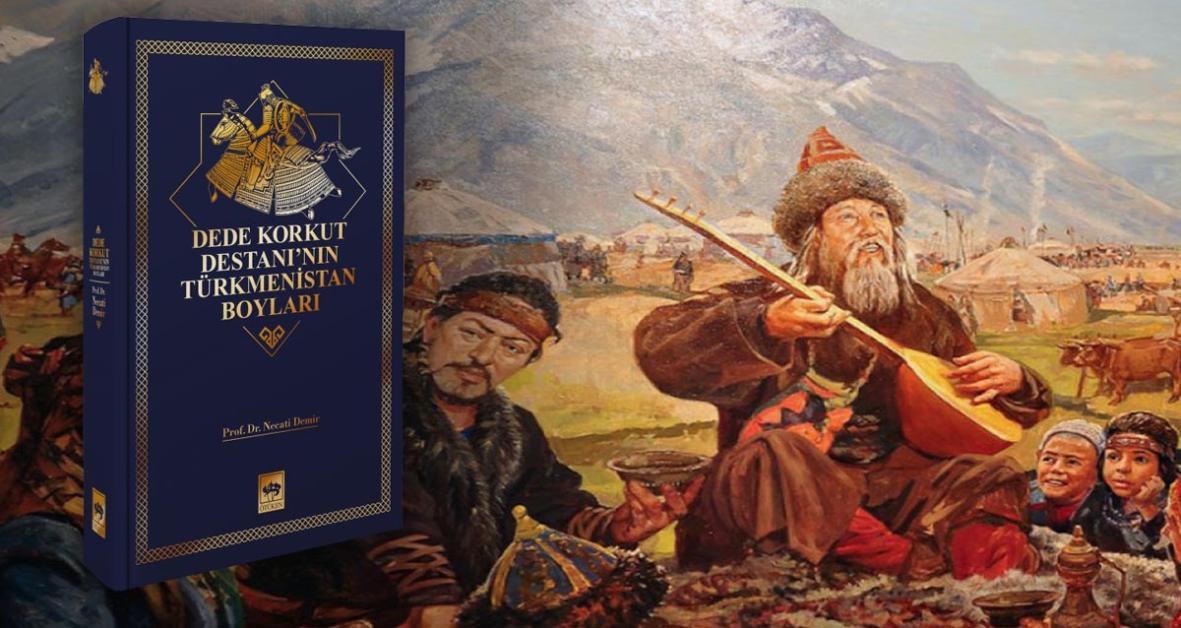
Pan-Turkic epic novel
"Dede Korkud" epic novel is the most famous epic novel of Oghuz Turks. The epic novel contains the value system and morality characteristic of the lifestyle of nomadic Turkic tribes, which originate from pre-Islamic beliefs.
It is the cultural heritage of Turkey, Azerbaijan, Turkmenistan, Kazakhstan, as well as Kyrgyzstan, the main actions of which take place in the Caucasus, now Azerbaijani, Armenian (including Artsakh), Iranian territories.
The stories of "Dede Korkud" are generally episodes of struggle. In the stories presented in the epic novel, it is not the Oghuz who are the first to attack, but the other side, and the first warriors to fight back are women, who are described as riding a horse and holding a sharp sword.
In Dede Korkudi episodes, as a requirement of a nomadic lifestyle, being in a constant struggle to protect one's height, to be strong against nature and enemy tribes, and to defend oneself makes people warriors.
In the land of Oghuz, captivity is perceived as a "matter of honor". After escaping from captivity, they either do not return voluntarily, or return, realizing that they can no longer integrate into society. Many of the conflicts involve families and their children. Sometimes fathers fail to protect their families, they make wrong decisions that lead to family captivity.
Today, both in Turkey and Azerbaijan, the image of a fearless warrior is given by the characteristics of the heroes in that epic novel, who are ready to sacrifice their lives for the sake of the motherland and native land.
There are many proverbs in the epic novel that are still applicable today. For instance, one of the favorite sayings of Oguz people was: "An old enemy can never be a friend."
The brave men of Oghuz swore to avenge the blood of the fallen warrior. Over time, this custom of Oghuz spread among the entire Turkic people.
Many of the Turkic peoples still swear to this day that they will not leave the blood of martyrs unavenged.
In 1997 The President of Azerbaijan, Heydar Aliyev, signed a decree that the geography and historical heritage of Azerbaijan should be presented as the scene and successor of the medieval Turkic epic novel "Dede Korkud", with the Armenian character of Nakhijevan in the footnote, since the action in the epic takes place in the territory of Nakhijevan.
Thanks to Azerbaijani false provisions, in 2018 the epic, as a collection of Azerbaijani national culture, folk tales and music, was included in the representative list of UNESCO's Intangible Cultural Heritage of Humanity.
Add new comment